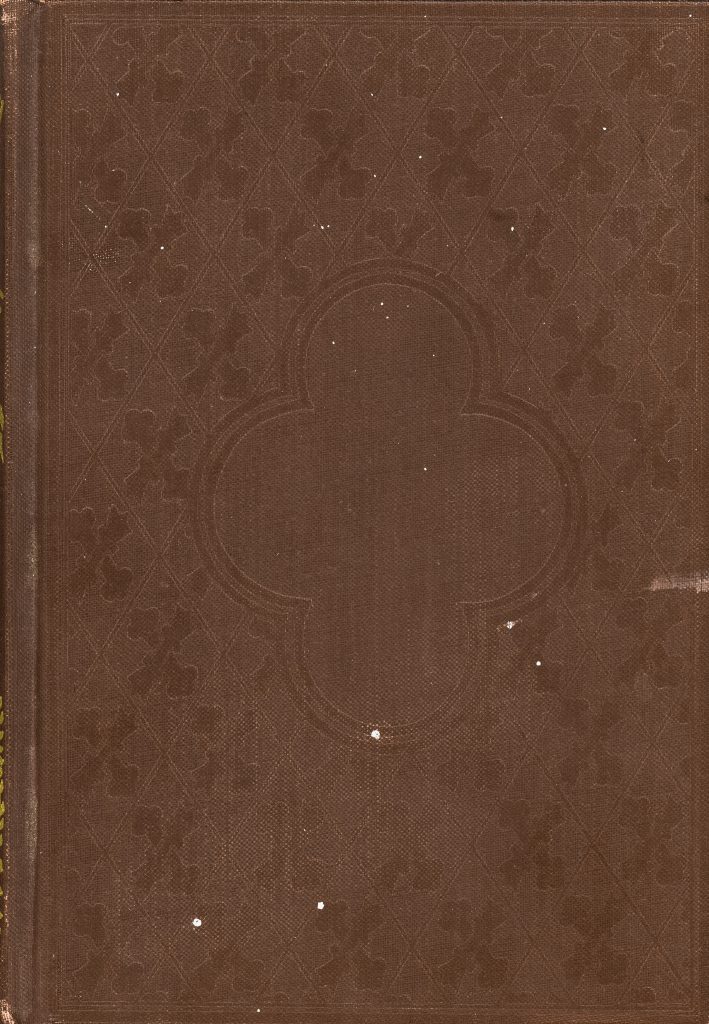First published: 1853.
Library copy published: 1977.

“The Creator intended the bee for the comfort of man as truly as he did the horse or the cow. In the early ages of the world–indeed until very recently–honey was almost the only natural sweet; and the promise of “a land flowing with milk and honey” had then a significance the full force of which it is difficult for us to realize. The honeybee was, therefore, created not merely with the ability to store up its delicious nectar for its own use, but with certain properties which fitted it to be domesticated, and to labor for man, and without which he would no more have been able to subject it to his control than to make a useful beast of burden of a lion or a tiger.” p. 25
“The queen-bee, or, as she may more properly be called, the mother bee, is the common mother of the whole colony. She reigns therefore, most unquestionably, by a divine right, as every mother is, or ought to be, a queen in her own family.” p. 29
“Every beekeeper, if he have only a soul to appreciate the works of God, and an intelligence of an inquisitive order, cannot fail to become deeply interested in observing the wonderful instincts, (instincts akin to reason,) of these admirable creatures; at the same time that he will learn many lessons of practical wisdom from their example. Having acquired a knowledge of their habits, not a bee will buzz in his ear, without recalling to him some of these lessons, and helping to make him a wiser and a better man.” p. 31